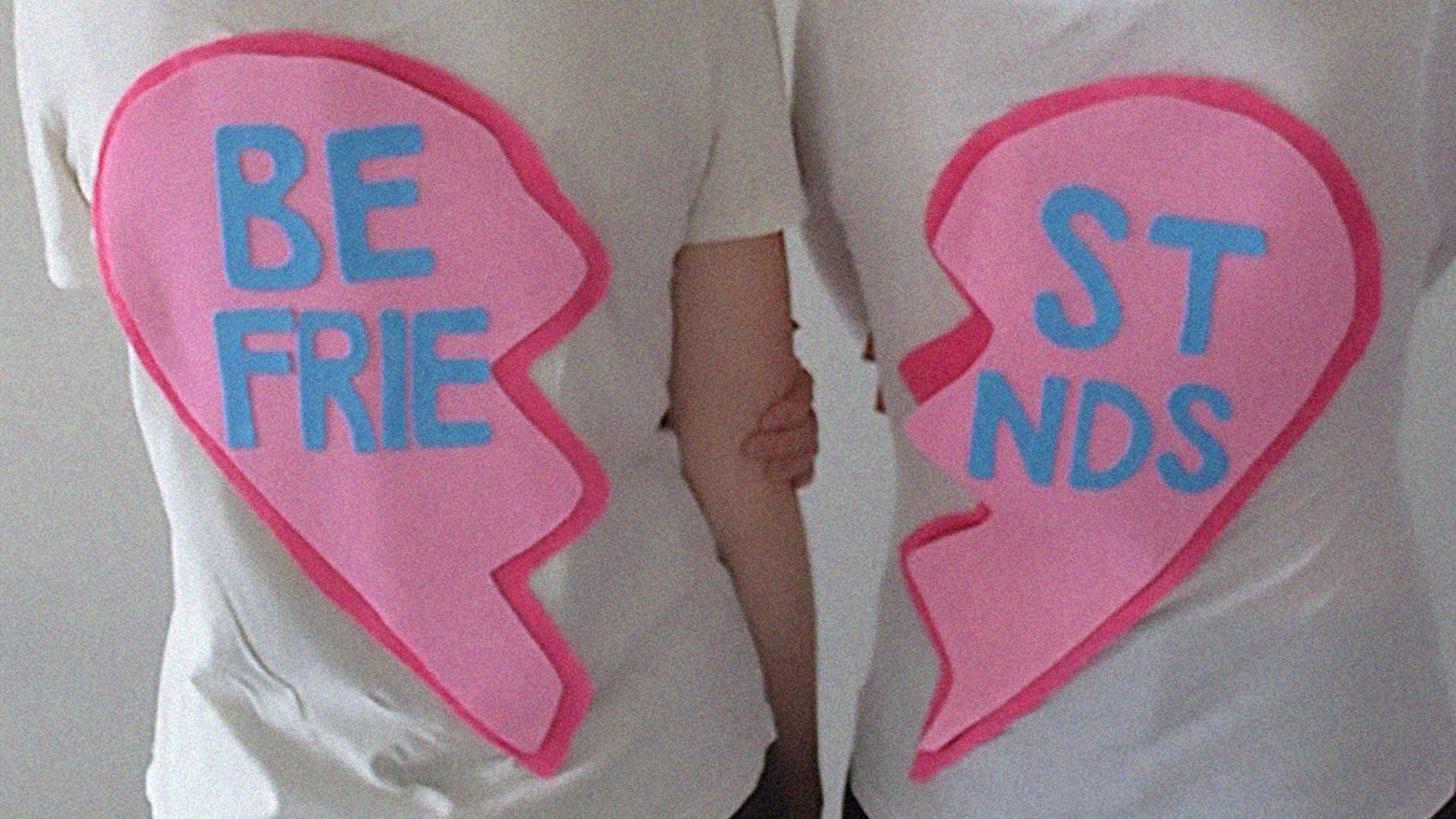To All the Friends I’ve Lost Before
20-something girlies sitting on a couch, chatting about love, friendship and honesty. Janhavi Gosavi reviews To All the Friends I’ve Lost Before at New Zealand Fringe Festival.
When I sit down to watch a play where young women are written by a young woman, I know I’m in for a treat.
To All the Friends I’ve Lost Before is a delightful 40-minute play written and directed by Sarah Bradley. It stars Bradley as Nat and El Yule as Sam, best mates who brainstorm the perfect way for Nat to break up with her friend Jess.
The set is staged as a typical 20-something women’s flat. Bookshelves with knick-knacks and posters of pop stars line the back wall while two couches and a coffee table sit centre stage. In my mind, the audience watches from an invisible third couch. We are privy to a thought-provoking, emotionally intelligent, hilarious conversation about friendship, love and honesty.
A thought-provoking, emotionally intelligent, hilarious conversation about friendship, love and honesty
Nat is a sweet, endearing, overthinking, hot mess. A hard-core empath, she’s desperate to end a friendship that no longer serves her but is too scared to be the bad guy. “I’ve been tying myself up in knots just to be the person everyone else would like,” she admits, determined to stop being a doormat.
Sam is an agony aunt who believes in tough love. She insists Nat has to dump Jess pronto, and enthusiastically jumps at the chance to role-play a character from any story Nat tells. Yule holds themselves with confidence and swagger; every movement Sam makes is deliberate and controlled.
Nat anxiously munches on chips while Sam throws back rosé. It’s refreshing to see actors actually consuming food on stage, which adds a tangible layer of realism to the show. Mime-eating real food is a pet peeve of mine, especially in an intimate setting close enough for audiences to notice an actor’s fake chewing.
Sam eventually grows tired of Nat’s ‘nice guy’ song and dance, and describes her as “pathologically incapable of being honest”. But Nat also sees Sam for who she really is: a judgemental “cynic” who disposes of relationships the second they no longer entertain her. They’re the kind of friends who can call each other out on their bullshit without throwing away their entire relationship, and I love that.
They’re the kind of friends who can call each other out on their bullshit without throwing away their entire relationship
Bradley asks her audience: Why do we find it acceptable to ghost a friend instead of breaking up with them? Why is clear and honest communication demanded in romantic relationships, but not platonic ones? While her characters debate the answers, I realise all of Nat and Sam’s conversations are ones I’ve had with my friends, verbatim. This play feels timely and fresh – it captures the zeitgeist of 2023, where being a certified hot girl means protecting your energy and prioritising yourself.
The pace reminded me of Samuel Beckett’s Waiting for Godot, a slow play in which two characters have long discussions while waiting for a character who never arrives. Nat and Sam spend the whole time discussing Jess, whom the audience never meets, and by the end of the show the audience realises nothing has actually happened.
There is no ‘hero’s journey’, no dramatic emotional payoff, not even a set change. Just two girls drinking wine on couches. The lack of movement and action, particularly in the middle third, made me a bit restless. But Bradley’s witty, fast-paced dialogue, reminiscent of Gilmore Girls, kept me giggling and chewing on my food for thought.
Why do we find it acceptable to ghost a friend instead of breaking up with them?
To All the Friends I’ve Lost Before is a play that beautifully honours the complexities of modern friendships. Sarah Bradley did what needed to be done – nothing more, nothing less.
To All the Friends I’ve Lost Before was on 8–10 March at the Gryphon Theatre in Wellington as part of New Zealand Fringe Festival.

